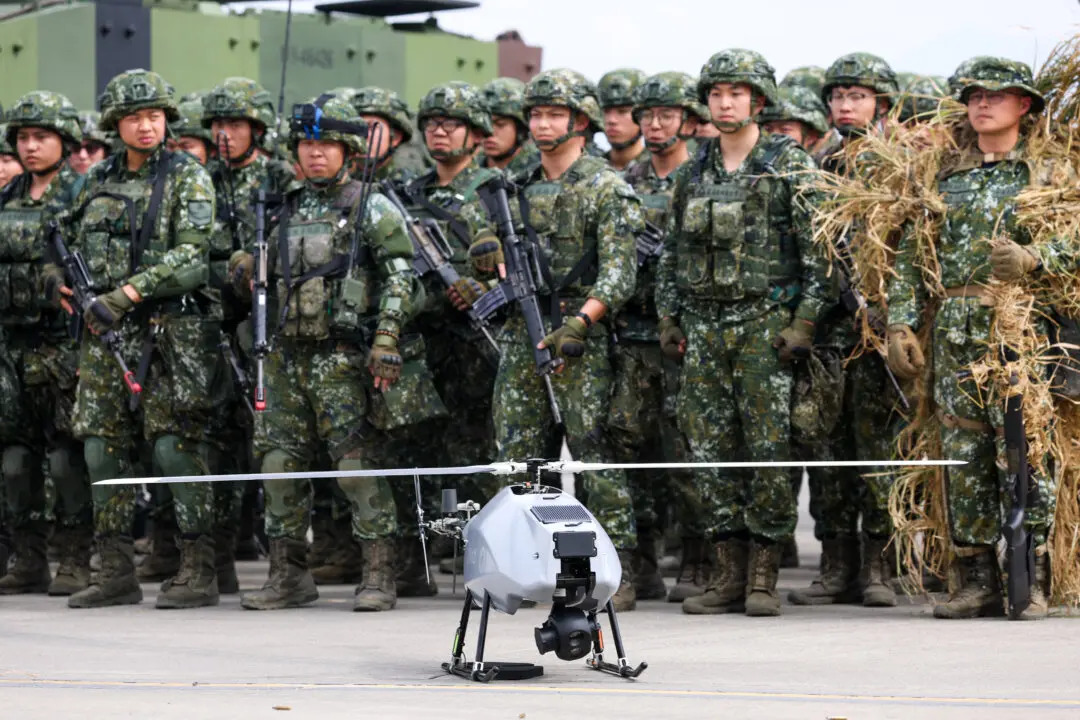A majority of U.S. registered voters across the political spectrum support tough trade policies against China, according to a new poll by global data firm Morning Consult.
“Voters believe imposing tariffs on China are an effective way to protect U.S. industries and American workers,” reads the poll (pdf), which surveyed 2,005 registered voters from March 29 to March 31.





